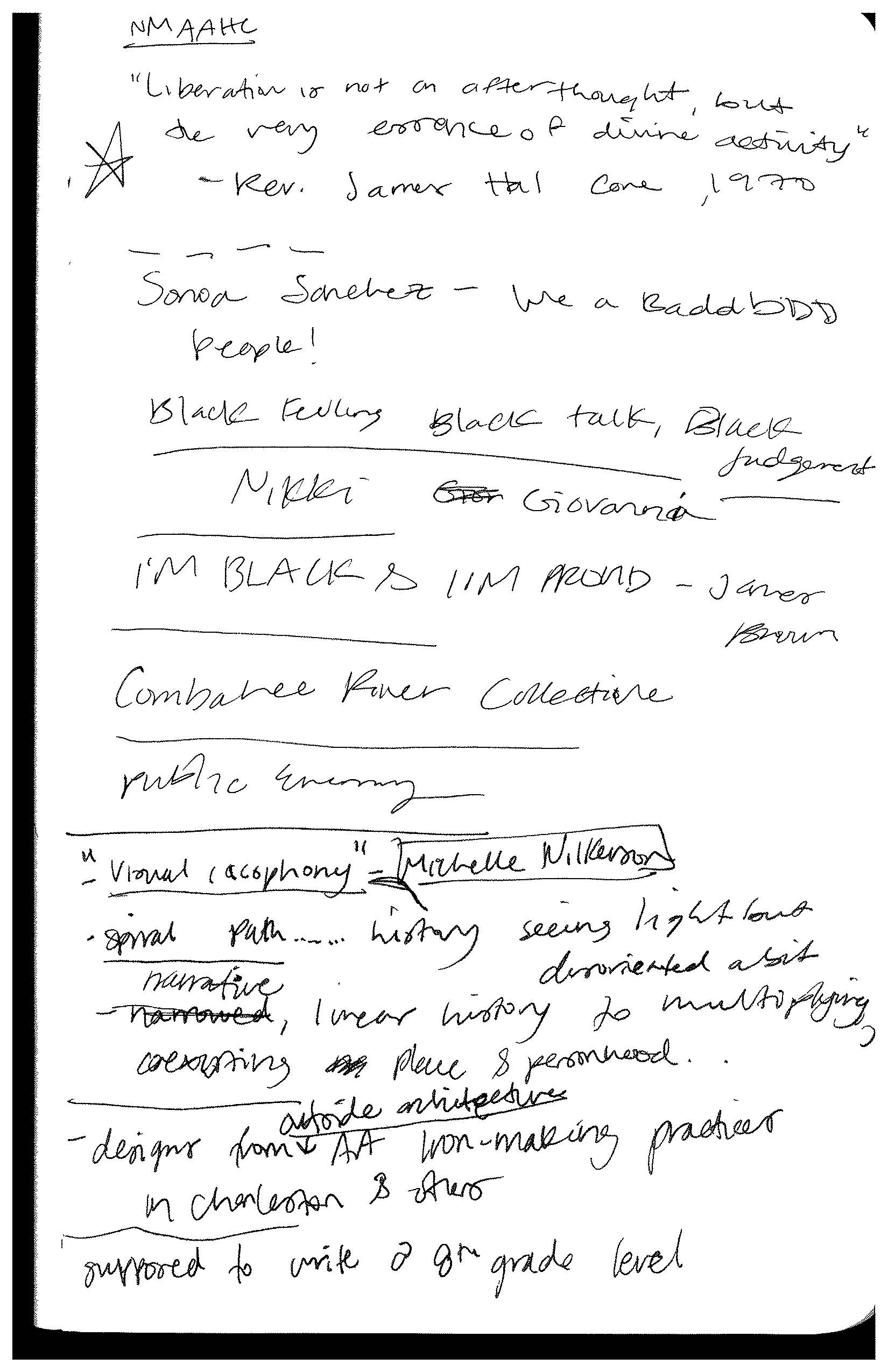BARNES
By bluishOctober 19, 2016 - 23:43

this was my second time at the Barnes... the first being this summer while the Nari Ward exhibition was up. i went for the opening reception/dance performance and it was wonderful. i have a bunch of photos i'll try to upload later (having tech issues rn). that experience was drastically different from our visit this past week; I didn't even go into the upper-level galleries when I came in the summer.







